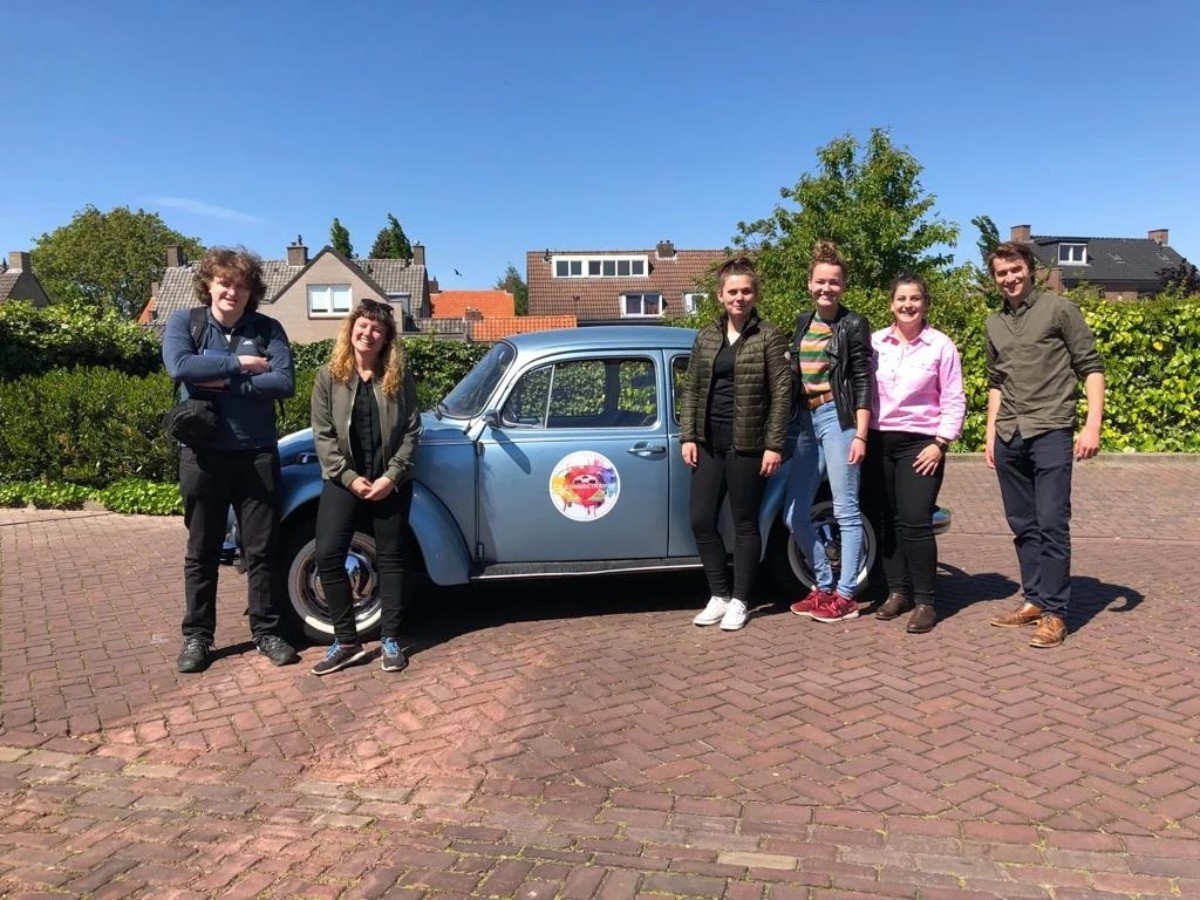Blogs & News
A Future Full of Feel Good Farming
19 June 2019

Recently I joined four other Rural Youth Project delegates and fifteen Scottish Enterprise Rural Leaders on a mission to “think different” about our communities and businesses.
Hailing from all corners of Scotland, strangers soon became friends after five days exploring the Netherlands and learning about the collaborative and forward thinking nature of the Dutch.
Social enterprise, and how rural organisations – such as Herenboeren Community Farm – are positively impacting the community, is a pillar of Dutch innovation. Herenboeren Community Farm is a hub of 200 families (approximately 500 people) working in the community supported agriculture model, and as an organisation they rent 20 hectares of land and employ a full-time farmer.
Participating families pay a once off fee of €2000 to join plus a weekly contribution of about € 10 per person in the household and in return the family receive a weekly portion of vegetables, fruit, meat and eggs.
This “feel good farming” between farmers and consumers through community supported agriculture is one that builds trust through transparency and understanding.
Although, in order to stop decline of rural economies, we need to recognise that it isn’t purely a geographical issue, and to ensure their strong continuation we need urban consumers to buy into regional communities. To do this, the learning journey focussed on the power of storytelling for agricultural and rural enterprise to inspire delegates to use it as a foundation in bridging the urban/rural divide.
Businesses like PigMe, where pigs are farmed and raised in fields, forests and meadows over 10 locations close to the consumer with dedicated caretakers, are using their evocative story to drive promotion. PigMe’s adaption of ancient farming practices in semi-urban areas coupled with savvy social media marketing has resulted in an emotional buy-in from consumers and high-end retailers with minimal businesses overheads. This is a prime example of how personal/business narratives are now more marketable than the product sold.
With 26% of the Netherlands landmass underwater, the Dutch have had to innovate and utilise urban spaces to meet food requirements and has subsequently built the world’s first floating dairy on Rotterdam’s Harbour. Although not a wholly commercial enterprise, this proof of concept challenged all on how we see traditional agriculture and as the first ever visitors to see the facility in production we all walked away inspired.
Personally, for me, the greatest accomplishment of this trip was the organic mentorship that sprouted between the Rural Youth Project delegates and the Scottish Enterprise Rural Leaders. Last year’s Rural Youth Project survey found that only 13% of young people feel they have a say in their community, and to now have mentors throughout Scotland who are champions of change for rural young people is truly empowering.
Registered in Scotland No. SC623598







